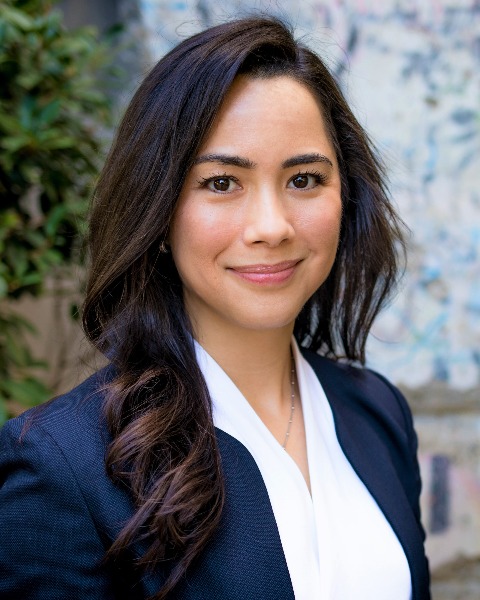Panel
Reframing rigor: evaluation practitioner perspectives on tradeoffs and transformations
Conceptualizing rigor across paradigms and into the practical
Friday, October 13, 2023
11:30 AM - 12:30 PM ET

Alysson Akiko A. Oakley, PhD (she/her/hers)
Vice President
Pact, United States
Presenter(s)
What is considered methodologically “rigorous” has always been contentious, as the long settled though seemingly eternal debate between “Quants” and “Quals” has shown. Beyond such simple characterizations, today, rigor is being debated implicitly and explicitly through the design and defense of a variety of frameworks: from the positivist tradition, which has tended to focus on reliability and validity measures; to utilization-focused evaluation, which suggests that methodological appropriateness should be a factor of what primary intended users find convincing; to Indigenous paradigms, of which some – like the Made in Africa research initiative – suggest that standards of rigor can be identified through cultural proverbs; and beyond. “Rigor” matters because its definition contributes to the determination of professional standards. But as the range of frameworks has shown, what is considered rigorous can be political, positional, ideological, or rooted in issues of power. Drawing from existing literature and the unwritten perspective of evaluators working within donor-constraints and locally-led approaches, this presentation will summarize the range of definitions of rigor in evaluation today and introduce the idea of rigor as a journey of methodological decisions rather than a definitive categorical measure. These decisions result from an assessment of the trade-offs of a given situation. The presenter will offer a typology rooted in complexity thinking that helps to demystify these tradeoffs and to help make these decisions.
